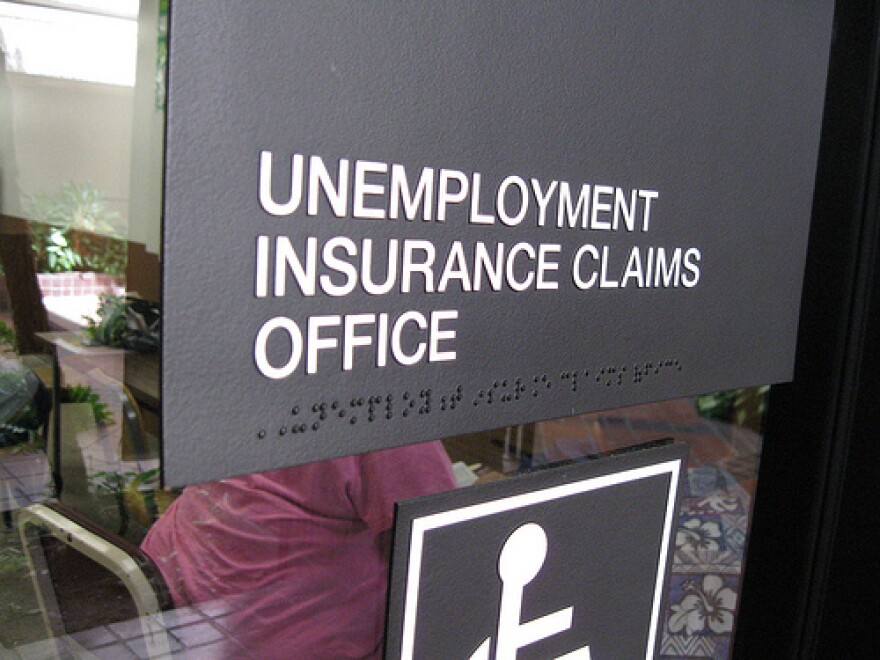The Soviet dictator Joseph Stalin once said that the death of one man is a tragedy; the death of a million is a statistic. Well, tragedy can also result from treating people as statistics, and that’s what happened to at least 37,000 Michiganders in recent years.

They were people who were receiving unemployment compensation and were falsely charged with fraud by the state. Michigan has the highest penalties in the nation for such fraud; you have to pay back 400 percent of the amount you got.
For the last few years, a faulty computer program known as MIDAS flagged tens of thousands of people for unemployment insurance fraud who had done nothing wrong. The state went in, seized their income tax refunds and garnished their wages. Families – nobody knows yet how many – went bankrupt, lost homes.
The state was very aggressive in tracking them down even if they moved out of state. Many signed up for “voluntary” repayment plans because they were intimidated and didn’t understand the system. Finally, a few sought legal help.
For three years, Jennifer Lord, an employment law attorney with the Pitt McGehee firm in Royal Oak, has worked thousands of unpaid hours on the case. She’s officially done this on behalf of three defendants, but is really representing them all. The state eventually admitted its error, and is willing to pay back any money it improperly seized.
But Lord says this isn’t enough. “They need to be compensated if they lost their homes or went through personal bankruptcy” because of the state, she said.
This week, the Legislature did pass a comprehensive package of bills overhauling and reforming the Unemployment Insurance Agency. Penalties for accidental or minor fraud have been made much more reasonable.
“These bills are a good first step,” Lord told me yesterday.
But they don’t set up what is most needed – a fund that would compensate victims for all the devastating side effects the state’s wrongful persecution cost them, to the extent that you can put a number on things like shattered marriages and educations and dreams.
Actually, Lord is fine with the fact that a victims’ compensation fund was not part of this package. “It was right to wait to make sure it was done right,” she told me.
That doesn’t mean they should wait long. Even the Snyder administration agrees, and is talking about a fund of perhaps $20 million. Lord says at least $100 million is needed.
Though she barely mentioned it, something else is needed too; her work needs to be recognized as a class-action suit so that she and other attorneys helping the victims can get paid.
Initially, a court of claims judge did certify it as a class-action suit, but that was overturned by the Michigan Court of Appeals on a technicality. Now, it’s up to the state Supreme Court. I told Jennifer Lord I was surprised this issue hasn’t gotten more press coverage. She agreed, but said she thought it was because of the financial complexity involved.
“The poisoned water in Flint is far easier to understand,” Lord said. But she added that this did have something in common with Flint, “It is another case of governing by spreadsheet, a philosophy of treating people as statistics.” That just might be the biggest tragedy of all.
Jack Lessenberry is Michigan Radio’s Senior Political Analyst. Views expressed in his essays are his own and do not necessarily reflect those of Michigan Radio, its management or the station licensee, The University of Michigan.






